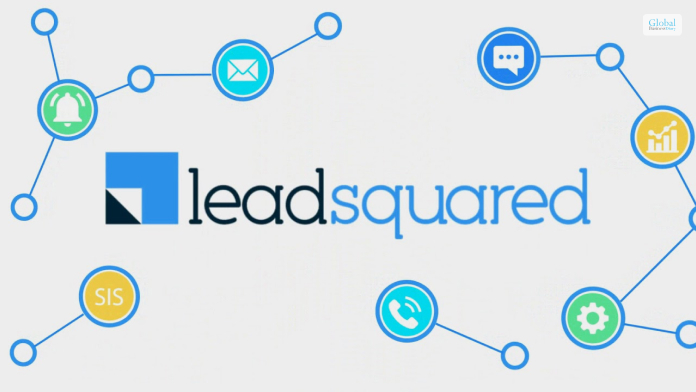How To Improve Energy Efficiency In Your Data Centre

As data centres continue to grow in size and complexity, it’s become increasingly important to focus on energy efficiency. There are a number of ways to improve energy efficiency in your data centre, which can have a big impact on both your bottom line and the environment.
In this blog post, we’ll explore some of the most effective ways to improve energy efficiency in your data centre. By implementing these best practices, you can make a real difference in your data centre’s energy consumption. Let’s get started!
Understand How Your Data Centre Uses Energy
Gaining an understanding of how your data centre uses energy is essential for ensuring that it runs effectively and efficiently. By routinely tracking the power consumption of your servers and other devices within your data centre, you can begin to identify where potential improvements can be made in terms of energy efficiency.
Additionally, it is worth looking into how different cooling strategies, such as liquid cooling, or revised ventilation systems may help reduce the amount of energy consumed by your data centre overall. To make sure you get the most out of this process though be sure to seek advice from subject matter experts and seek out solutions through research that are tailored to your unique environment.
Evaluate Your Data Centre’s Energy Usage
Keeping tabs on the energy usage of your data centre is essential for maintaining efficient operations. It’s important to regularly evaluate the power, cooling, and ventilation protocols to ensure they are all optimized. If these systems aren’t working in harmony, it could increase operational costs as well as put stress on equipment that could lead to unexpected downtime.
To make sure everything is running smoothly, consider hiring an external auditor to conduct an energy audit of your data centre in order to identify any areas of improvement and locate potential cost savings. Doing so can help you not only boost the efficiency of your data centre but also save money and reduce your environmental footprint.
Improve Data Centre Efficiency
Data centres process crucial information for technology companies, yet their efforts to improve energy efficiency are often overlooked. Implementing small changes to infrastructure and power delivery can significantly reduce the amount of energy consumed. Power management systems should be properly set up, and nonessential components such as memory and controllers should be deactivated.
Additionally, ensuring proper ventilation with fans and cooling systems can help mitigate the inefficiencies of around-the-clock computing power.
Finally, opt to find electricity rates that fit your needs or utilize renewable sources such as solar and wind to reduce overall electrical consumption.
With these changes in place, data centres can drastically improve their overall energy efficiency levels, greatly reducing operational costs in the long run.
Monitor Energy Usage
Monitoring the energy usage of your data centre is essential when making changes. Keeping tabs on things like power consumption and temperature variations provides an opportunity to make accurate adjustments that enable efficient resource management, helping you save costs over time.
Staying up-to-date with knowledge about current energy levels gives you a head start when it comes to identifying areas for improvement and makes it easier to implement negative for positive change. To maximize performance, the process of monitoring how much energy is being used should be done regularly and consistently.
Adjust For Efficiency
Taking steps for data centre infrastructure solutions can help reduce costs and improve the environment. To capitalize on those results, facility managers should continuously adjust their approaches – examine current practices, utilize new technologies or techniques as they become available, measure and monitor power, cooling, and operations, and rethink how all of these components can work together for improved performance.
Implementing these changes will not only give your data centre a more efficient infrastructure but could also add up to big savings in the long run. Ultimately, taking action now to adjust the data centre towards greater energy efficiency will pay dividends well into the future.
Conclusion
Implementing these changes to increase energy efficiency in your data centre doesn’t have to be overwhelming. Start by learning as much as you can about how your data centre uses energy and evaluate what methods can be used to improve it. Remember to always stay mindful of the changes being made and how they’re impacting energy usage.
Also, monitor the data centre after the changes are made to see firsthand the impact of energy efficiency improvements. Finally, continuously adjust your strategy as needed, so that you’ll remain on top of any additional gains in energy efficiency that can be made. With dedication and thoughtfulness, you’ll be able to create an efficient and optimized data centre that saves energy!
Read Also:













